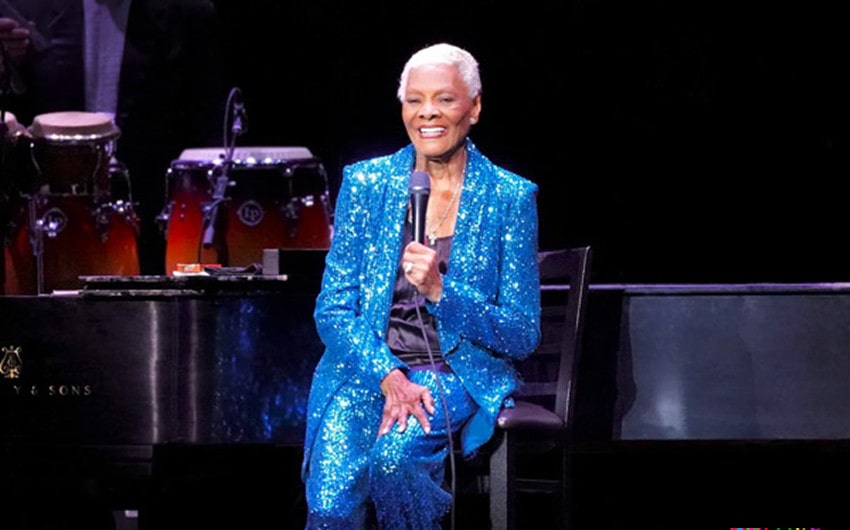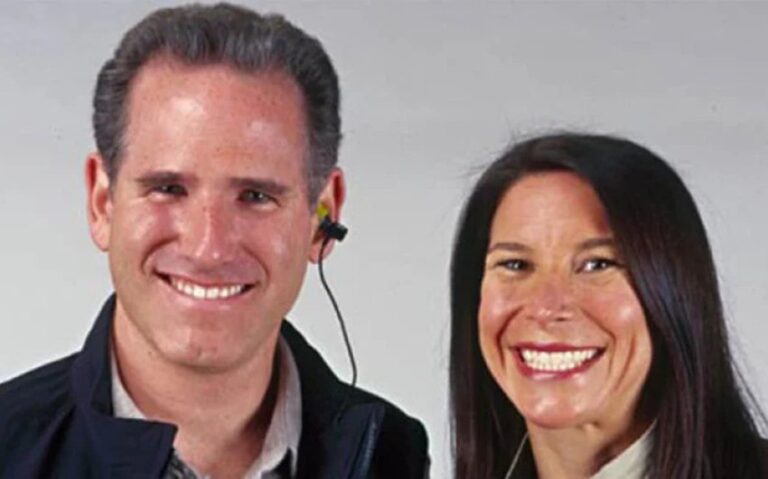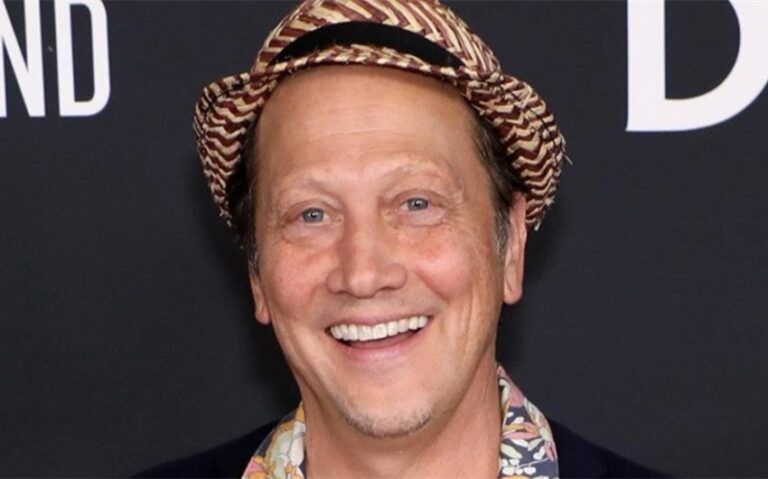Dionne Warwick’s Net Worth and the True Value of a Voice That Endured
Dionne Warwick has never needed to shout to be heard. Her voice—velvety, aching, unmistakably hers—carried across decades, filling rooms, radios, and now even Twitter timelines. Maybe you came here wondering what her net worth is. But as with all legends, the real story can’t be measured in numbers alone. You’re not just looking for a figure—you’re looking for the value of endurance, the price of fame, and what’s left after the curtain falls and rises again.
The Soundtrack of Generations
Before algorithms and streaming metrics decided who mattered, there was Dionne Warwick. Born in East Orange, New Jersey, she began her career as a background singer—just a voice in the room. But it didn’t stay that way for long. Collaborating with Burt Bacharach and Hal David, she turned songs like “Walk On By,” “I Say a Little Prayer,” and “Do You Know the Way to San Jose” into timeless pieces of American music history.
Her phrasing, her subtle emotional shifts, the ache she could hold in a single word—none of it was loud. All of it was unforgettable. By the time the 1970s ended, she had already sold millions of records and carved a space in culture that few artists—especially Black women—were ever allowed to occupy.
So… What Is Dionne Warwick’s Net Worth?
As of now, Dionne Warwick’s net worth is estimated at around $500,000 to $1 million. If that surprises you, you’re not alone. For someone with her career, her accolades, her voice—many assume she’d be worth tens of millions.
But her story is more complex. It’s shaped by industry practices that didn’t favor artists, by periods of reinvention, by personal challenges, and by a system that often left even the most iconic talents with less than they deserved. Still, what she’s built—what she’s survived—is far richer than any spreadsheet could show.
Where the Money Came From—and Where It Went
Dionne Warwick earned her income the traditional way—by working. And working. And working. Here’s what fueled her finances over the years:
- Record Sales: With more than 100 million records sold worldwide, Warwick was a commercial powerhouse. Most of her earnings in the ’60s and ’70s came from record contracts—though, like many artists of the era, she didn’t always benefit from fair royalty structures.
- Touring: Warwick continued to perform well into her seventies, bringing her music to live audiences long after radio moved on. While tours brought steady income, they also came with high overhead—and weren’t always profitable in later years.
- Television and Appearances: From guest spots to hosting Solid Gold to charity anthems like “That’s What Friends Are For,” she diversified her visibility—but television money rarely matches music money.
- Residencies and Revivals: Warwick performed in Las Vegas and various music festivals during later chapters of her career, earning new fans and modest income from an era of nostalgic revival.
- Publishing and Licensing: Some of her early work remains heavily licensed for film, TV, and commercials, though many of the rights lie with labels rather than the artist herself.
Warwick earned millions across her career, but her net worth today is the result of complex and sometimes painful financial history. Like many artists from her era, she entered the music industry young and trusting, without the financial literacy or legal protection that modern artists now demand. She signed deals that offered low royalty percentages, had publishing rights handled by others, and often had limited oversight of where her earnings went.
Through the 1960s and ’70s, she toured extensively and released hit after hit. She also broke barriers as the first African-American woman to win a Grammy in the pop category and the first to perform at major Las Vegas venues without being subject to segregation. But behind the accolades was a woman fighting to retain control of her name, her money, and her voice.
In the 1980s and 1990s, Warwick turned to television, famously becoming the face of the Psychic Friends Network. Though the gig was mocked in pop culture, it was financially lucrative—reportedly bringing in over $3 million annually at its height. But even that success was marred by lawsuits and disputes over payment. Eventually, Warwick distanced herself from the network, saying she had no involvement in its business decisions and was simply a hired spokesperson.
The Financial Troubles That Followed
In 2013, Dionne Warwick filed for bankruptcy, citing nearly $10 million in tax debt owed to the IRS and the state of California. She blamed poor financial management and contracts that didn’t serve her long-term. It wasn’t a fall from grace—it was a mirror held up to an industry that routinely underpaid, undercredited, and underprotected its talent, especially Black women in the mid-20th century.
She didn’t quit. She didn’t disappear. She kept performing, kept working, kept showing up. And over time, she began to rebuild—not with spectacle, but with grace.
What Her Net Worth Doesn’t Show
To measure Dionne Warwick by money alone is to misunderstand her entirely. Her wealth lives in cultural memory. In the way her phrasing shaped an entire genre. In the artists she opened doors for, the walls she broke down without shouting, the elegance she maintained in the face of indignity.
She survived a brutal industry, changing eras, shifting tastes, and financial storms—without ever losing the tone that made her unmistakable. And perhaps that is its own kind of wealth: a life built not on flash, but on foundation. One that still stands, still sings.
What You Can Take From This
You may have started this search curious about money. And maybe you’re leaving with something more. A reminder that real value isn’t always loud. That you can survive reinvention, debt, disappointment—and still be radiant. Still be relevant. Still be worth more than you ever got paid.
Dionne Warwick’s net worth isn’t the full story. It’s the footnote to a career that helped define a genre. And maybe, if you’re building something quiet of your own, she’s proof that it’s okay if the world doesn’t see your worth right away. You just keep going. Keep singing. Keep being exactly who you are.
Featured image source: newjerseystage.com






